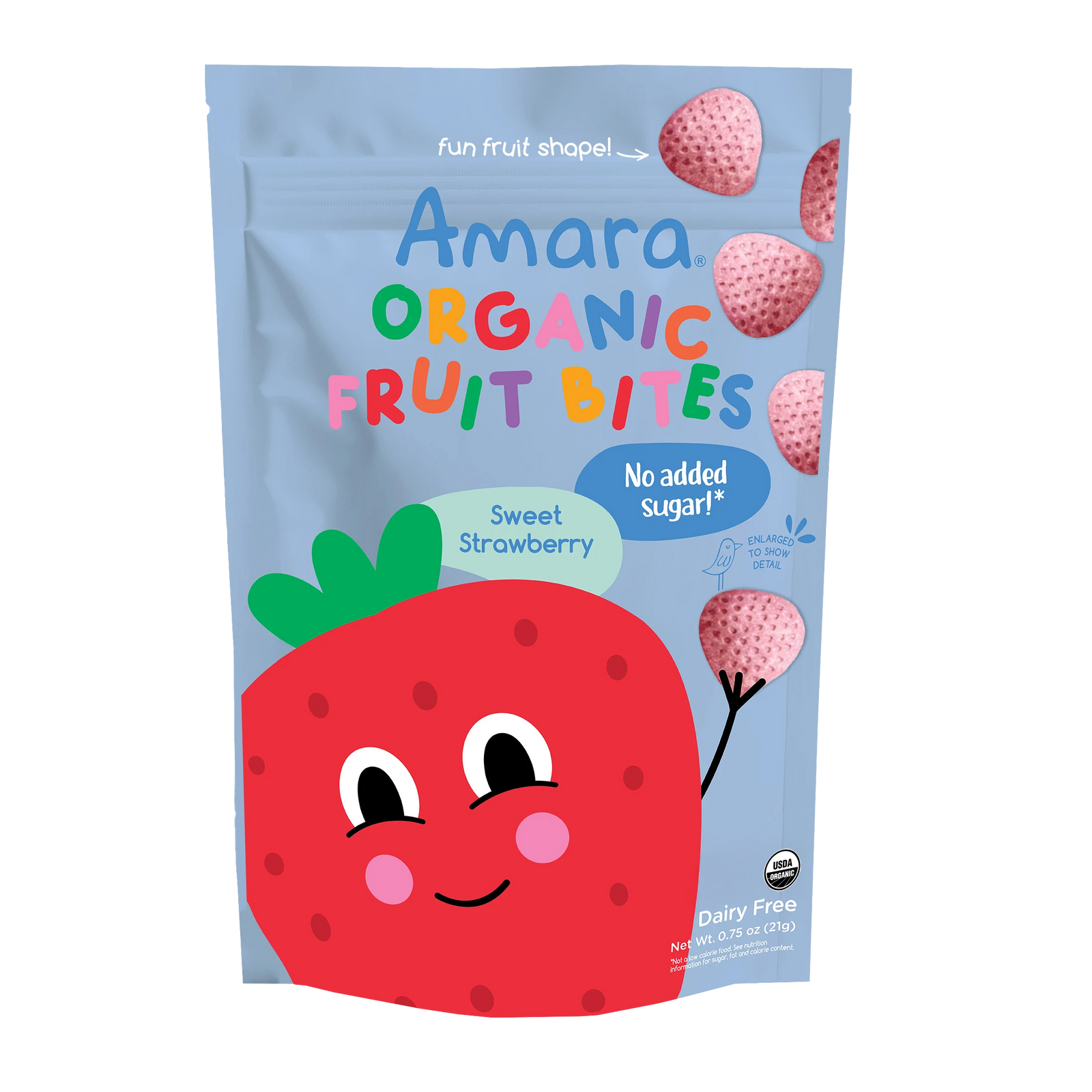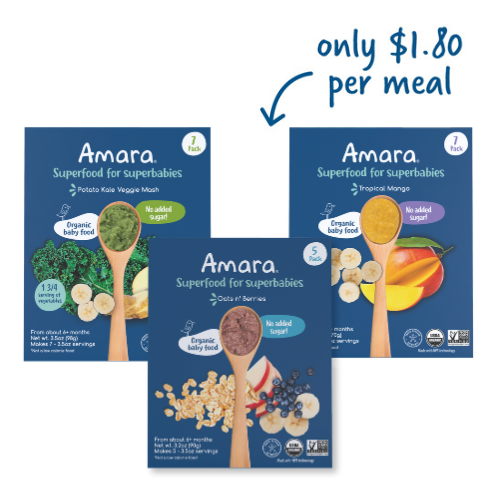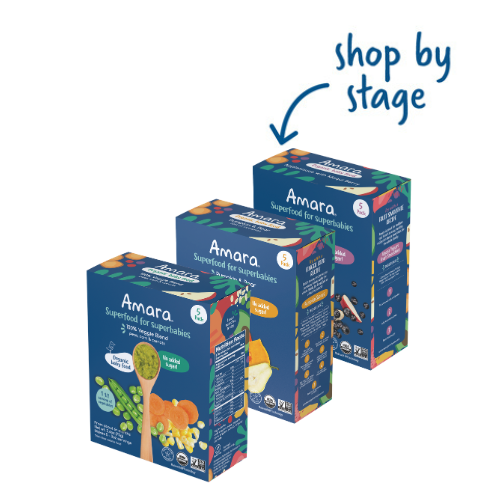Picky eating is a hallmark of toddlerhood — almost every parent deals with it at one point or another.(If you haven’t yet, get ready for a fun time...)

What is picky eating?
Experts define picky eating variably — and as parents we tend to “know it when we see it” — but broadly speaking, picky eating involves frequently refusing foods or being unwilling to try new foods, often paired with “strong food preferences” (aka only eating the same foods over and over again).

There are a few important things to know about picky eating at the outset —
Okay, this sounds ridiculous, I know. But hear me out — as adults, we have certain ideas about how our children should eat, but toddlers are still very much learning how to eat. Indeed, there is a discrepancy between what we expect of our children and what they are actually capable of at the table… and we are thus prone to interpretingnormal toddler eating behaviors as picky or problematic. IOW, what you see/think of as picky eating (i.e., your child insisting “I don’t like potatoes anymore,” when yesterday it was their favorite food in the whole wide world) is in fact totally normal.
Our kids are always listening. Theyhear when we talk about them as “picky eaters” or “bad eaters” or “fussy eaters” — or however you call it — and they are likely to internalize those negative labels. It becomes a sort of self-fulfilling prophecy. Instead, try to avoid describing your child as an “anything-type-of” eater.
Most parents of picky eaters worry that their child is underweight or nutritionally deprived — but in fact most children who “don’t eat well” are very healthy. (Put another way, picky eating may be a “problem” to worry about, but not because a child isn’t getting enough nutrients/sustenance.)

Preventing Picky Eating
There is no clearly understood cause of picky eating — big surprise, it stems from multiple factors — but experts basically say that factors influencing picky eating fall into three categories: the child, the parent, and parent-child interactions.
Obviously, you can’t control your child: every child is different, and some are simply going to be more finicky or sensitive (or adventurous!) than others when it comes to eating and food, just as some children are more extraverted/introverted.
What you can exert some control over, though, is yourself (modeling healthy eating) and your interactions with your child surrounding food: IOW, how you feed your toddler. (By the way, there’s a great comprehensive overview on feeding toddlers here.)
A study looking at young children (ages 4-9) found that picky eaters often “stay that way” through childhood. “That means that parents need to start early to prevent picky eating,” explains Dr. Claire McCarthy — ideally, before a child turns 2. (No pressure, lol.)
We’re guessing you’ve probably heard some of this advice before… before here are some habits you can build to help prevent picky eating among toddlers:
- Offer a variety of diverse foods (including foods with different tastes, textures, shapes, sizes, etc — sometimes “different” can be as simple as the same food cut up differently).
- Don’t prepare separate “kids’ foods” for children to eat — instead, introduce them to the same foods your family eats (*just make sure you serve it to them in an age-appropriate way — meaning, cut/sliced/pureed/cooled/etc. accordingly.)
- Model healthy eating yourself as best you can.
- Follow a predictable eating schedule/routine so your child knows what to expect.
- Don’t force your child to eat anything — much like so many other things, the more you try to control your child’s eating, the more resistant they will be.
Enjoy feeding and meals as much as you can — if eating is fun and happy, your child is more likely to be open to new things.

Helping Children Overcome Picky Eating
In addition to keeping up with the aforementioned prevention strategies^^ (which also double as alleviating strategies), here are some other “tricks” you can use to help overcome picky eatingifwhen you do encounter it:
- Offer choices — if you want your child to try salmon, don’tonly serve salmon. It puts way too much pressure on them, and will likely wind up leading to continued refusal.
- Pair new foods with familiar foods or dips (such as dressing, ketchup, hummus, etc.).
- Offer smaller, even tiny, portion sizes — less is more!
- Offer new foods frequently; science shows that children often need to try foods 12-15 times, or more, to warm up to them (this is the “repeated exposure” phenomenon).
- Pay attention to what foods your child is most resistant to — is there a certain flavor or texture they don’t seem to do well with? — and try to work around those features if you can. For example, if your child doesn’t like slippery foods (avocado, say), maybe you could smear it on a cracker or roll it in panko to change up the texture.
- Include children in meal prep however you can. Even if it’s not cooking, there are so many other ways to give children some ownership in meals and snacks.
** And perhaps more important than any of these “try it at home” tips^ iswhat NOT to do: don’t force your child to eat anything (not even one bite!).
Across the board, experts agree: trying to “get” children to eat things leads tomore picky eating — not less.

Picky eating can be frustrating, nerve-wracking, and time-consuming to work through. Remember that though there is some continuity over time, picky eating is a very commonstage children go through. And if you are struggling, know that the two best and biggest things you can do to try to help are tostay positive andrefrain from trying to control what/how much your child eats.
Good luck in the dining room!
https://pubmed.ncbi.nlm.nih.gov/30392488/
https://pubmed.ncbi.nlm.nih.gov/26232139/
https://www.zerotothree.org/resources/1072-how-to-handle-picky-eaters
https://www.health.harvard.edu/blog/study-gives-insight-and-advice-on-picky-eating-in-children-2020060920004








Leave A Comment